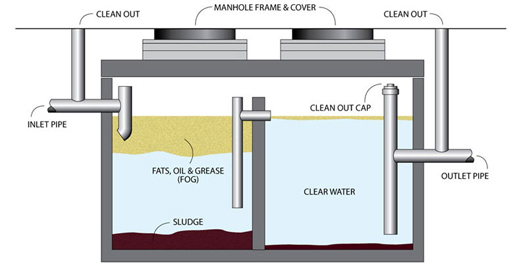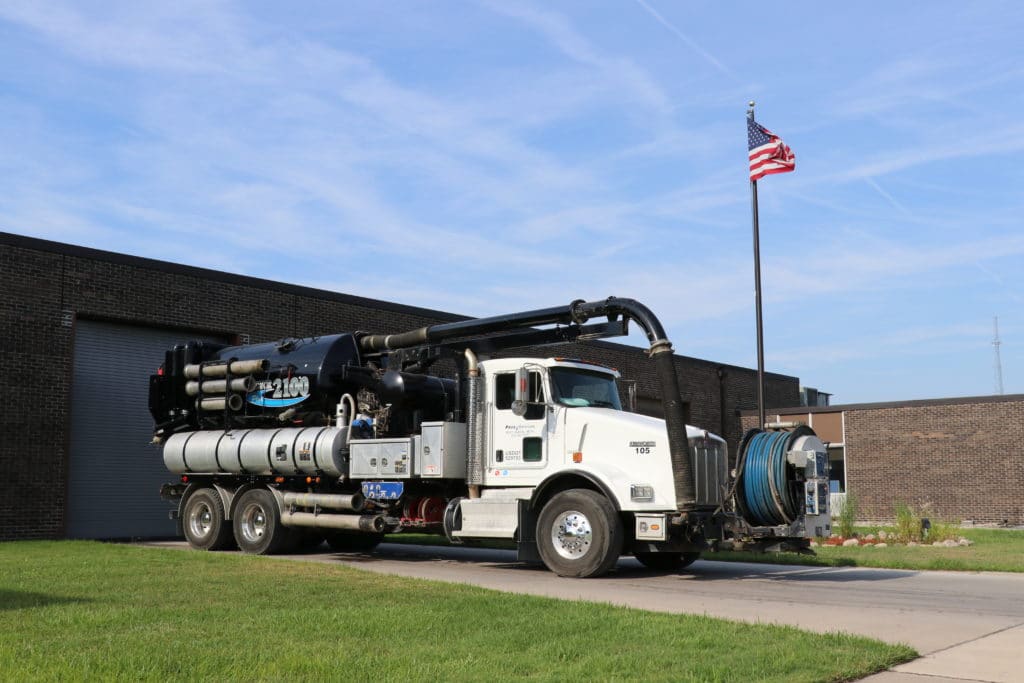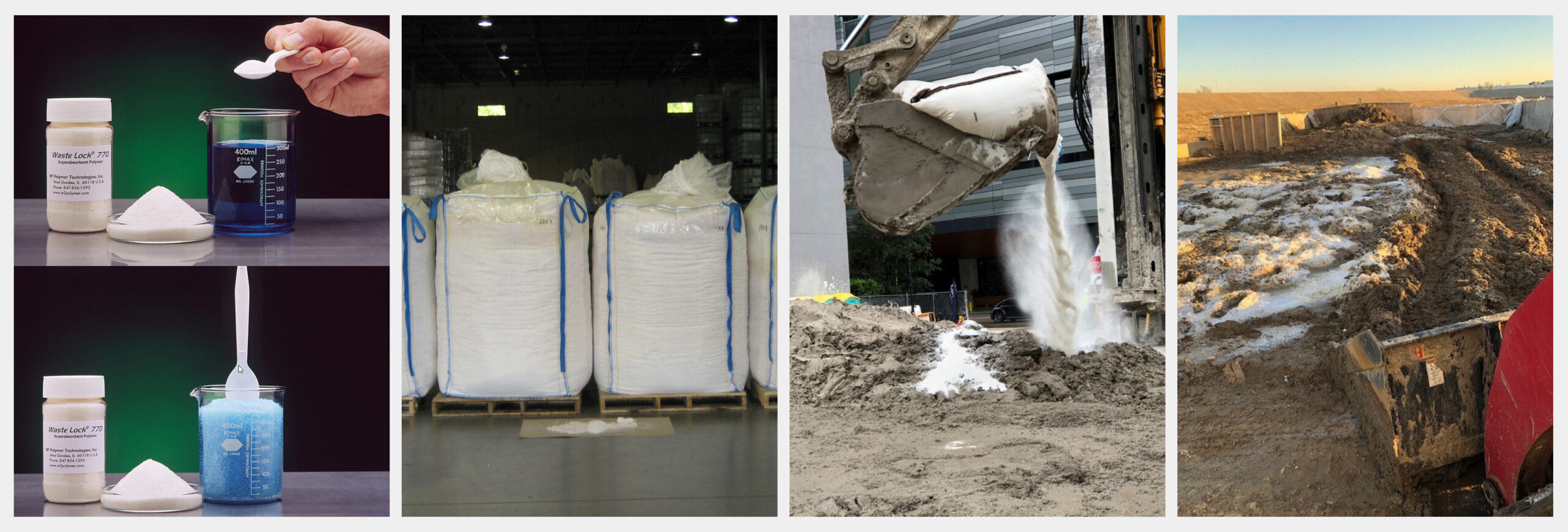Safe and Lasting Liquid Waste Disposal: Your Go-To Company
Safe and Lasting Liquid Waste Disposal: Your Go-To Company
Blog Article
How Liquid Garbage Disposal Works: A Thorough Introduction of Techniques and Technologies Utilized

Overview of Fluid Waste Types
The complexity of liquid waste types requires a complete understanding of their features and effects for disposal. Fluid waste can generally be classified right into a number of types, including commercial, metropolitan, farming, and harmful waste. Each classification displays distinctive homes, requiring specific monitoring approaches to alleviate environmental and wellness dangers.
Industrial liquid waste stems from making processes and commonly consists of a series of contaminants, such as hefty steels, solvents, and natural substances. Local liquid waste, largely making up wastewater from homes and industrial establishments, contains natural issue, nutrients, and virus (industrial wastewater treatment). Agricultural liquid waste, including runoff from ranches, might include fertilizers, pesticides, and pet waste, presenting risks to water high quality and ecosystems
Hazardous liquid waste is identified by its poisoning, reactivity, or potential to trigger injury. Understanding these diverse liquid waste kinds is essential for developing effective disposal approaches and ensuring conformity with environmental policies.
Physical Therapy Techniques

Screening is the initial step, where bigger bits and debris are removed from the fluid waste utilizing screens or grates. In sedimentation containers, much heavier particles resolve at the bottom, forming a sludge layer, while the made clear liquid can be further dealt with.
Filtration is an additional crucial technique that involves passing the fluid through permeable materials, such as sand or membrane layers, to catch smaller sized bits. This action improves the quality of the fluid, making it suitable for succeeding treatment procedures.

Chemical Treatment Strategies
Chemical treatment strategies are vital for effectively handling fluid waste, especially in addressing liquified and colloidal contaminants that physical techniques may not sufficiently remove. These strategies utilize numerous chemical agents to reduce the effects of, speed up, or change dangerous materials into less dangerous forms.
One typical approach is coagulation and flocculation, where chemicals such as alum or ferric chloride are contributed to promote the aggregation of put on hold fragments. This process improves sedimentation, enabling less complicated removal of the resulting sludge. Furthermore, oxidation procedures, using agents like chlorine or ozone, are employed to break down complicated natural substances and pathogens, making the waste more secure for discharge or further treatment.
Neutralization is another important strategy, which readjusts the pH of acidic or alkaline waste streams to neutral degrees, avoiding prospective damage to downstream systems and the atmosphere. In addition, progressed oxidation procedures (AOPs) use combinations of oxidants and ultraviolet light to weaken persistent pollutants, attaining Visit This Link a greater level of treatment efficiency.
Biological Therapy Procedures
Organic treatment processes play a critical duty in the management of fluid waste by using microorganisms to break down raw material and reduce contaminant degrees. These procedures can be broadly classified into anaerobic and cardio treatments, each using particular microbial communities to accomplish efficient waste degradation.
Aerobic therapy entails making use of oxygen to assist in useful reference the failure of natural products by germs. This process is commonly carried out in activated sludge systems, where aeration storage tanks provide a conducive atmosphere for microbial growth, bring about the oxidation of organic pollutants. The resultant biomass can be separated from dealt with effluent through sedimentation.
On the other hand, anaerobic therapy takes place in the absence of oxygen, relying on different bacteria to break down organic issue. This approach is particularly helpful for high-strength waste, as it produces biogas, a renewable energy source, while minimizing sludge manufacturing. Technologies such as anaerobic digesters are frequently employed in municipal and industrial applications.
Both cardiovascular and anaerobic organic treatments not just minimize the ecological effect of liquid waste yet also promote resource recuperation, making them essential components of sustainable waste administration methods. Their efficiency, adaptability, and performance support their prevalent execution across numerous sectors.
Emerging Technologies in Disposal
Innovative strategies to liquid garbage disposal are rapidly evolving, driven by innovations in modern technology and an increasing focus on sustainability. Among these emerging innovations, membrane bioreactors (MBRs) have actually acquired grip for their capacity to incorporate biological therapy with membrane filtering, causing high-grade effluent that can be reused in various applications. MBRs enable smaller sized impacts and extra efficient operations contrasted to standard systems.
An additional appealing development is making use of anaerobic food digestion combined with nutrient recovery modern technologies, which not just deals with fluid waste however likewise creates biogas and recuperates useful nutrients like nitrogen and phosphorus. This twin benefit enhances source performance and decreases environmental influence.
Furthermore, advanced oxidation processes (AOPs) are being adopted for the deterioration of complex organic toxins. These techniques use effective oxidants and drivers to break down impurities at the molecular level, supplying a highly efficient service for challenging waste streams.
Furthermore, the integration of expert system and maker discovering in waste administration systems is optimizing operational performance and predictive upkeep, causing reduced prices and enhanced environmental conformity. These modern technologies show a considerable shift in the direction of more sustainable and reliable fluid waste disposal methods.
Conclusion
In final thought, reliable fluid waste disposal necessitates a detailed understanding of numerous methods and modern technologies. By continuously advancing these methods, it comes to be feasible to address the expanding obstacles associated with liquid waste, ultimately contributing to environmental protection and source healing.
Fluid waste disposal is a crucial element of environmental administration, needing a thorough understanding of numerous strategies and modern technologies tailored to my website various waste kinds. Fluid waste can generally be classified right into numerous kinds, consisting of commercial, community, farming, and harmful waste. Agricultural liquid waste, including overflow from farms, may contain fertilizers, chemicals, and pet waste, presenting dangers to water high quality and ecological communities.
Different physical treatment techniques play a vital function in managing fluid waste properly - industrial wastewater treatment.In final thought, efficient liquid waste disposal demands a thorough understanding of numerous methods and technologies
Report this page